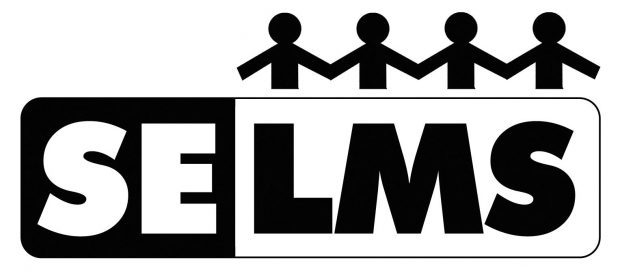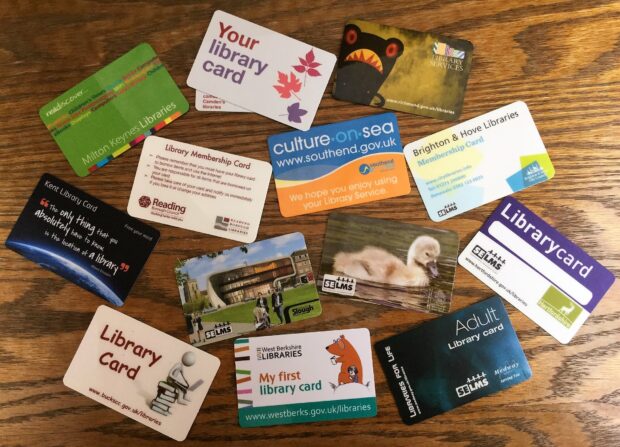[Editor’s note: SELMS consortium manager Hilary Ballard writes about the project’s development, and the benefits it offers today.]
SELMS is a partnership of libraries which are working together to improve and widen access to resources for all their customers. The SELMS consortium was established in 2006 when 6 forward-thinking public library authorities joined forces to help deliver savings through shared working. Their vision included a shared library management system (LMS), which would offer a better, wider and more consistent customer service.
The first milestone to achieving this was to award the LMS contract to Civica for their Spydus system. SELMS were the first UK customer for Civica Libraries and we worked closely with them as they developed a system centred around a single catalogue database.

Since then the consortium has continued to develop and has more than doubled in size. It now has 13 partners:
- Brighton and Hove
- Buckinghamshire
- Camden
- Hertfordshire
- Kent
- Medway
- Milton Keynes
- Reading
- Richmond
- Slough
- Southend-on-Sea
- West Berkshire
- Windsor and Maidenhead
Today it supports more than 600,000 borrowers, issuing over 18 million items a year, from over 6 million items of stock. A SELMS customer only needs one library card to access almost 300 libraries across SELMS. Or if they choose, they can just log into their home library catalogue and reserve an item for local pickup.

How does it work?
The backbone of SELMS is the Memorandum of Agreement, signed by each partner when they join. Strategic and budgetary decisions are agreed at the Steering Board and there is also a Development Group that helps shape the development of Spydus; working towards consistent configuration and innovative ways to enhance the customer experience. Each partner has an equal voice in SELMS.
The consortium employs 2 full time members of staff, myself and Donna Henderson, the SELMS System Support Officer. Our roles can be summed up in all the usual management terms –
co-ordinate, facilitate, project manage, negotiate, all focused on benefitting SELMS. We are the first point of contact for the system supplier and work to ensure all partner interests are represented.
Savings for members
We seek to negotiate consortium wide, cost effective contracts; the most recent being eMagazines. One partner reported a saving of £5,000, plus were able to make available an additional 90 titles to their customers.
The LMS consortium solution has certainly enabled partners to achieve considerable discounts, from shared bibliographic resources, to reducing the technical burden on system configuration and management. One partner reports an annual saving of over £81,000 and another has cut their system costs by 50%.
Savings do not stop at the LMS. Partners have been able to share training costs and individual staff expertise, like cataloguing and procurement. They have shared their successful initiatives, best practice, business cases, and can quickly benchmark performance across SELMS. A SELMS SharePoint site allows for easy sharing of documentation, including training plans, ‘how to’ crib sheets, statistics and minutes of meetings.
We have conference call facilities and email distribution lists. We also produce a newsletter for all the staff across SELMS. If a partner has a problem or a new project to initiate, in any area of the library service, there is usually someone across SELMS that can offer help. This ready-made pool of library expertise brings many hidden savings.
Some may be thinking that a consortium limits the flexibility of tailoring services to your local community, the ability to embrace local initiatives and provide individual solutions. However, this is not the case with Civica’s consortium system. Spydus allows for each partner authority to have their own borrower categories and partition off their own customers. It ticks the DPA and GDPR boxes (Data Protection Act and General Data Protection Regulations) and also allows partners to offer different Civica functionality from their individually tailored public catalogue, like archives and events management.
Being part of a consortium can sometimes be challenging, and there are occasionally compromises that have to be made. However, at a time when there are many demands on library services, with little resources, the benefits it brings well outweigh these.
For more information, contact us - either in the central team, or via individual members.
--------------------------------------------------------------------------------
Please note, this is a guest blog. Views expressed here do not necessarily represent the views of DCMS or the Libraries Taskforce.